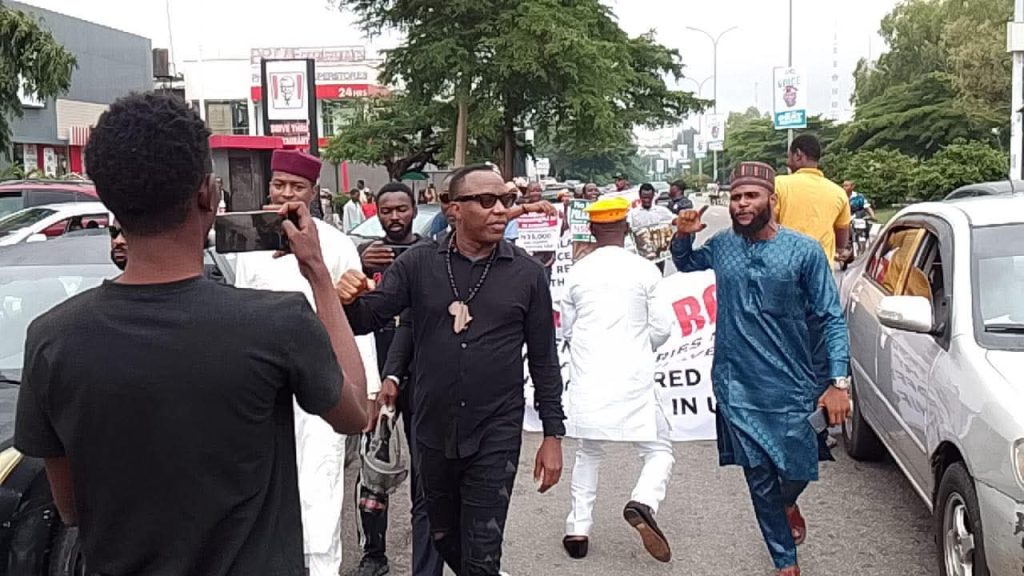
Nigerian human rights activist, Omoyele Sowore, has sharply criticized the actions of the police during the recent Free Nnamdi Kanu protest held in Abuja.
Speaking during a live interview on Arise Television’s ‘Prime Time’ on Monday, Sowore stated that law enforcement targeted peaceful demonstrators and suggested that such aggression would not have occurred if the group were armed bandits.
The protest, organized primarily by Sowore and other civil society groups, called for the immediate release of Nnamdi Kanu, leader of the Indigenous People of Biafra (IPOB), who is detained by Nigerian authorities pending ongoing legal proceedings.
Sowore explained that demonstrators gathered in several locations across the Federal Capital Territory, with major turnouts at Utako, Gudu, and Apo.
Related: EndSARS: 5 Years On, Lawyers Speak on Justice, Reform, and Lessons for Nigeria
The protest culminated in a march to the FCT police command, where police officers reportedly used tear gas to disperse unarmed protesters, an action that has drawn criticism from local and international human rights monitors.
“Police attacked us because we were peaceful protesters. If we were bandits, they would not come near us,” Sowore remarked, lamenting the apparent priority of security forces toward peaceful gatherings in contrast to criminal activity.
He further emphasized the group’s commitment to non-violent advocacy, while warning that younger generations might not tolerate such mistreatment moving forward.
Nnamdi Kanu’s continued detention remains a contentious issue in the Nigerian polity, with activists and IPOB supporters alleging violations of rights and due process.
The protest and subsequent police response have reignited debate on policing standards, civic freedom, and the government’s approach to dissent in 2025.
While the police maintain their intervention was necessary for public safety, observers called for independent investigations into possible excessive force and a renewed focus on dialogue.
The issue highlights ongoing tensions between authorities and pro-democracy campaigners, emphasizing the urgent need for reforms to protect peaceful assembly and civil liberties in Nigeria.

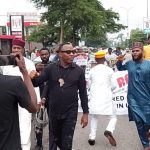
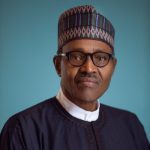
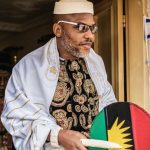
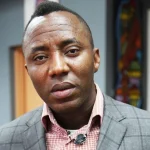

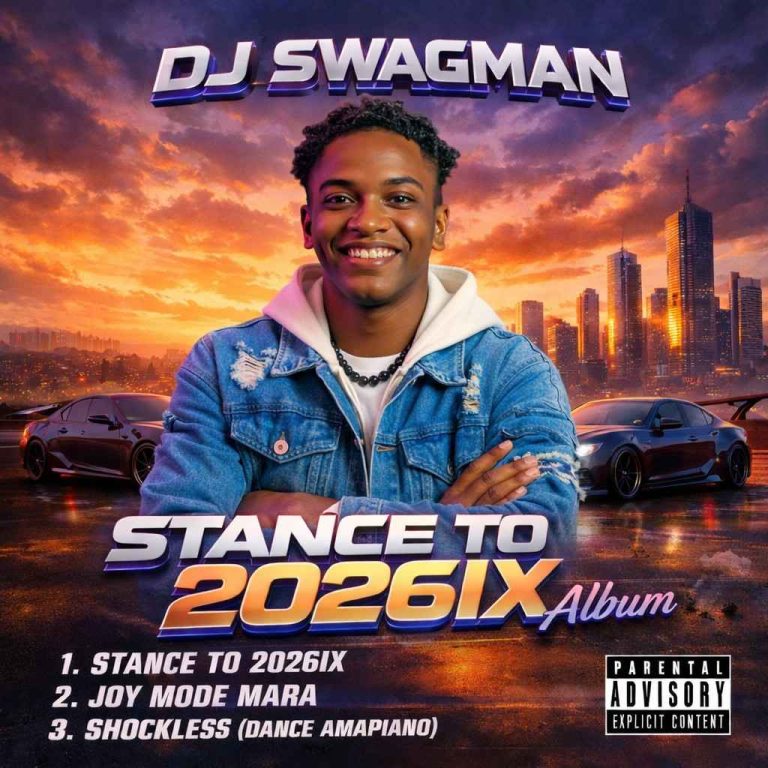
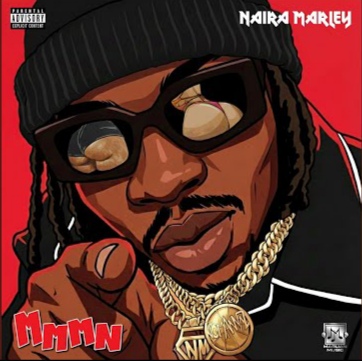



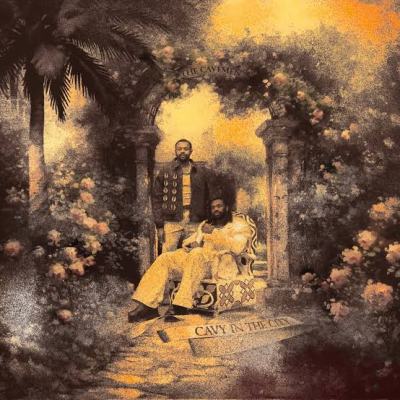
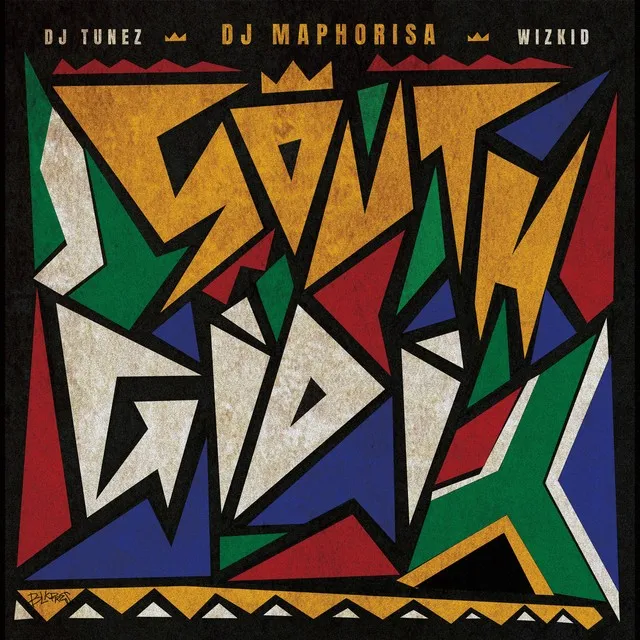


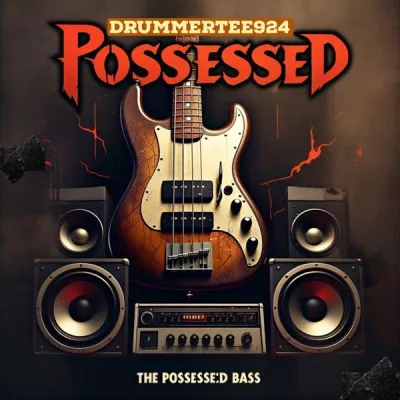
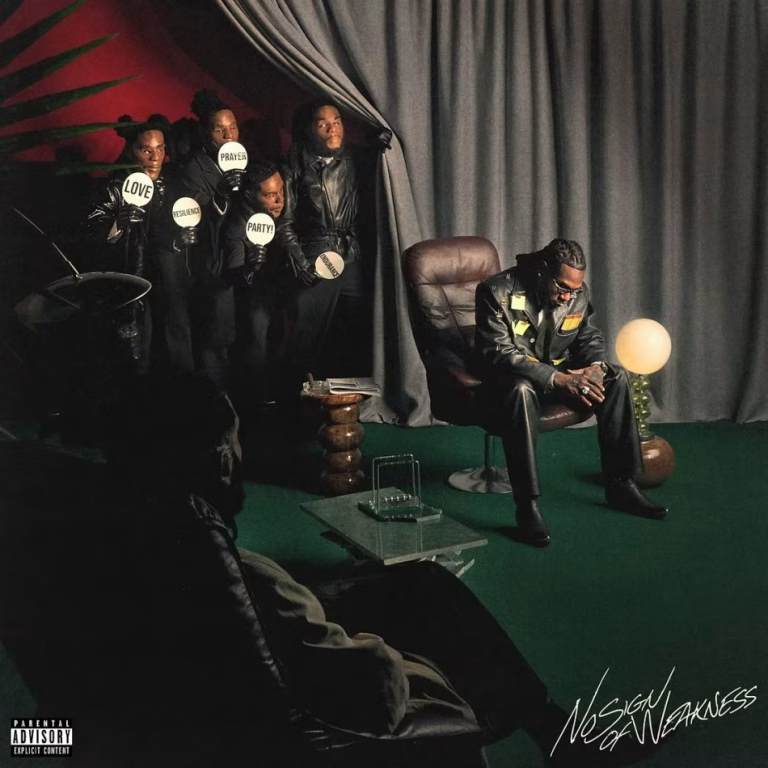


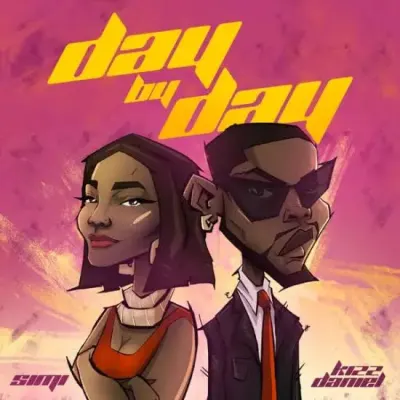
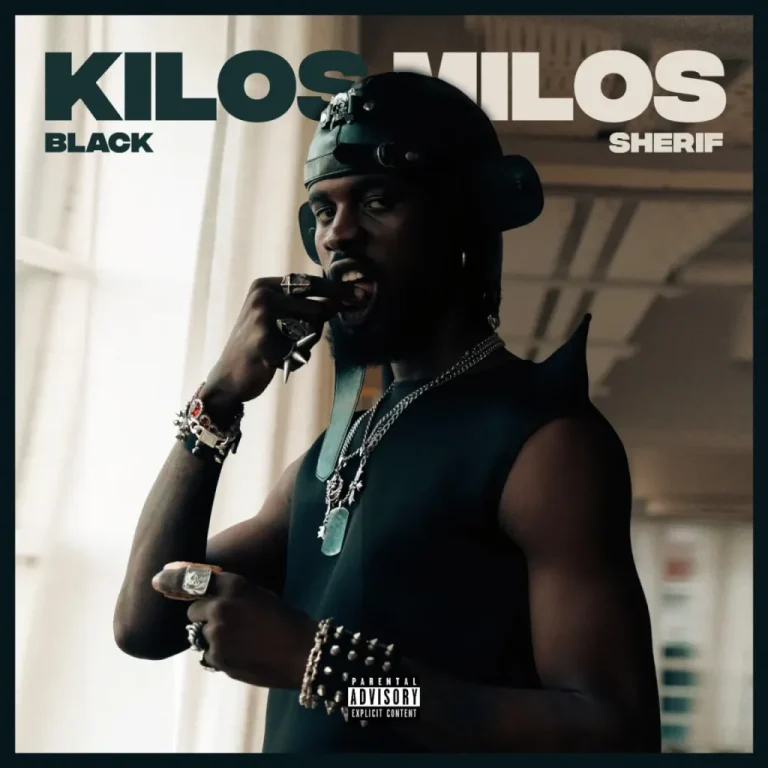


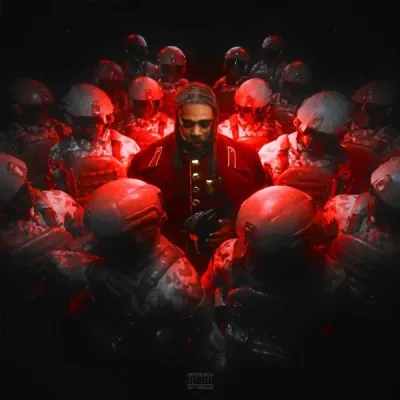
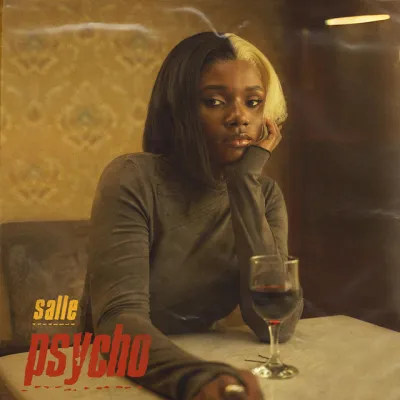
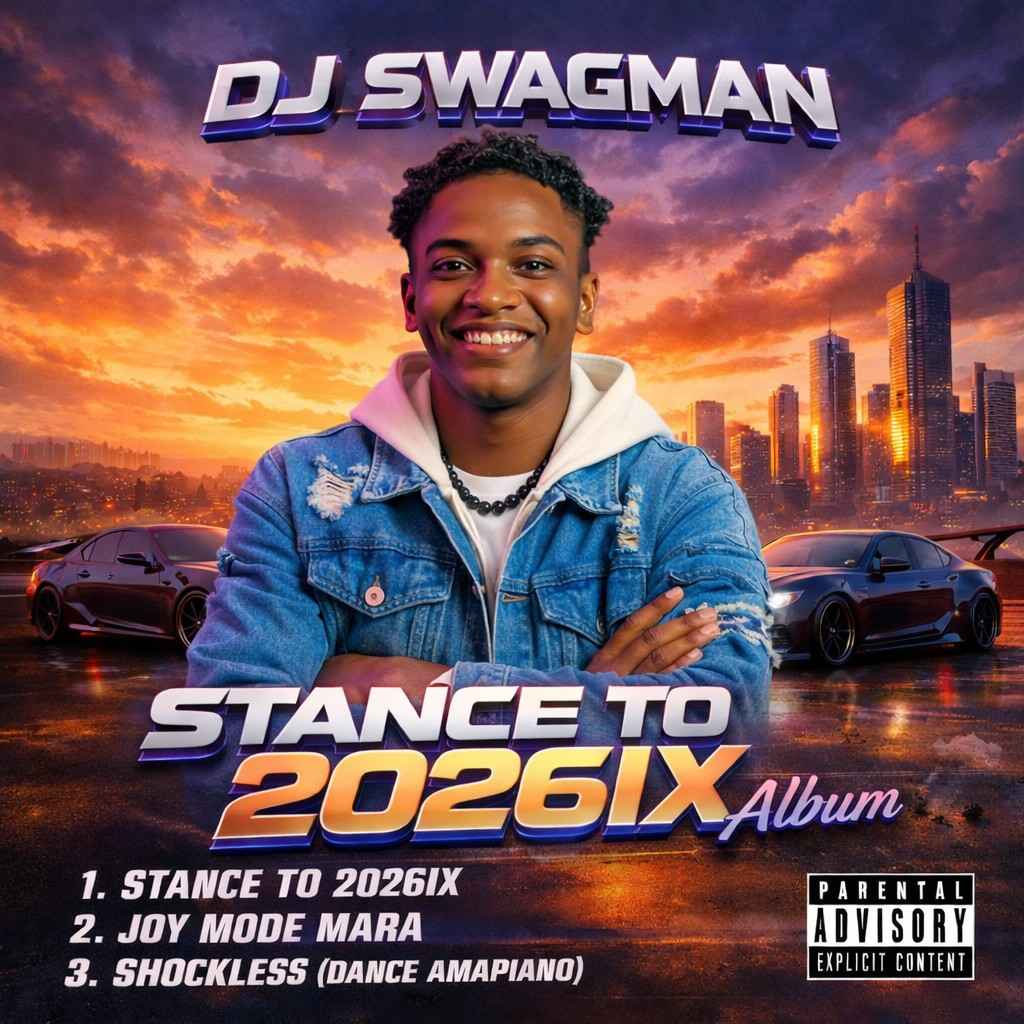
Be the first to comment